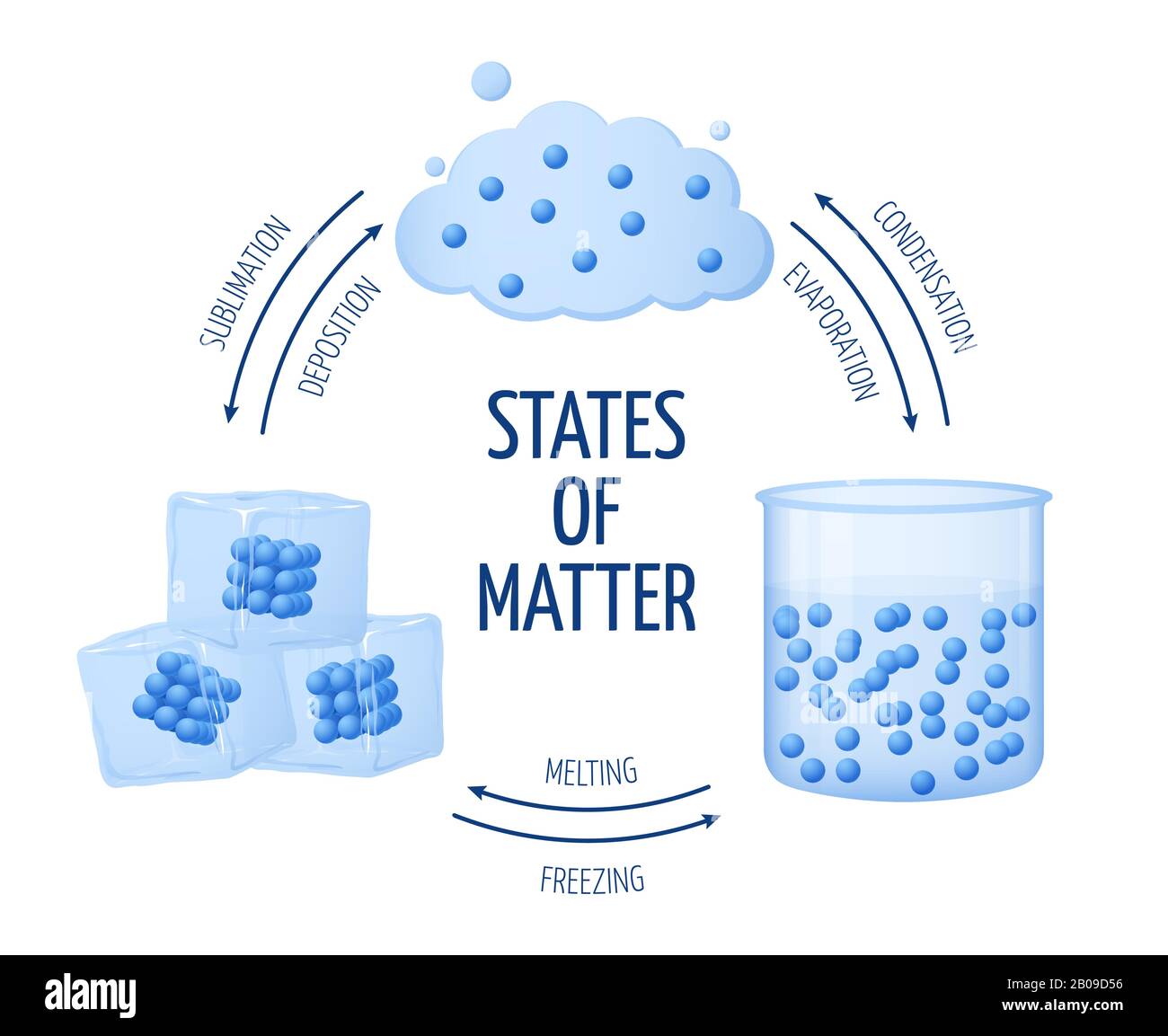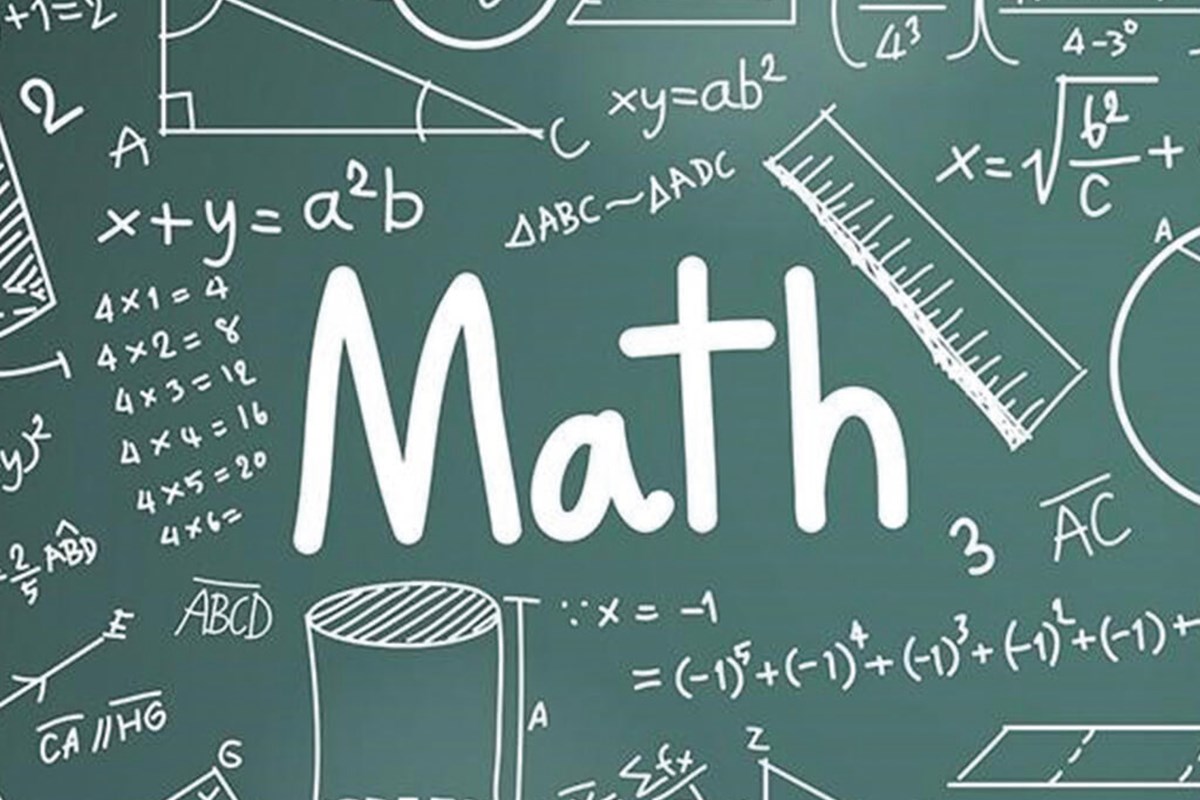Mrs Finlay, Miss Foster and Mrs Kennedy
This half term we will be learning all about: The Water Cycle
|
|
Maths In maths this half term we will continue to learn about fractions. We will focus upon adding and subtracting mixed fractions and applying our learning to problem solving. We will then move on to look at decimals and linking them to fractions.
This year, Year 4s will take part in the compulsory Times Tables Check. Children will answer 25 questions, with only 6 seconds to answer each question. How can you help at home? Please ensure that you regularly practise and test your child on their times tables. At the end of Year 4, children should know the all times tables up to 12x12. It is always useful to practise the times tables as this really helps children with a range of mathematics work in school. If you have access to the internet, please visit the following sites to support your child's learning at home.
Links to support home learning: https://www.timestables.co.uk/multiplication-tables-check/ https://www.topmarks.co.uk/maths-games/hit-the-button
|
|
English
In English, we will start looking at our Shakespeare play—The Twelfth Night, We will carry out a variety of drama led activities which will support our writing of diary, scripts and stories all linked to the play.
How you can help your child? Encourage your child to read their reading book and ask them questions about the text which they are reading. It is important to read a variety of texts with your child. This can be anything from their reading books to newspapers and leaflets. This will help to extend your child’s vocabulary and their understanding of different text types, which will in turn help to improve their writing.
Links to support home learning: https://student.readingplus.com/seereader/api/sec/login https://classroom.thenational.academy/subjects-by-key-stage/key-stage-2/subjects/english-grammar https://www.topmarks.co.uk/english-games/7-11-years/spelling-and-grammar
|
 |
 |
RE Are all churches the same? In RE we will;
Enquiry
Key Vocabulary church, vicar, priest, Sikhism, Guru Granth Sahib, langar, community, respect minister chapel, cathedral, sacrament, curate, Chaur, flags, Four Doors
|
|
Science As scientists, we will be learning about States of Matter, We will be looking at and defining solids, liquids and gasses and learning how we can change these states of matter.
Key Vocabulary Air, Freeze, Molten, Melting point, Powder, Evaporate/evaporation, Cooled/cooling, Crystals, Condense/condensation, degrees Celsius, solidify, Grain/granular, Melt, Change state, Solid, States of matter, Heated/heating, Boil, Precipitation, Boiling point, Gas, Ice/water/steam, Oxygen, Liquid, Transpiration, Water Cycle, Water vapour |
 |
 |
Theme In geography this half term we will be learning about the Water Cycle. We will learn how the water cycle works and look at the importance of rivers to the Water Cycle. We will also look at how humans and climate change are affecting the water cycle.
Key Questions Why are rivers important to the water cycle? What is the water cycle? How do rivers, which run through rural areas, differ to those, which run through urban areas? How are humans affecting the water cycle? Why is Manchester the rainy capital of the UK? How is climate change affecting the water cycle?
Key Vocabulary ‘Drainage basins’ ‘Water for irrigation’ ‘Drinking' ‘Sources of food’ ‘Energy’ ‘Recreation' ‘Transportation’ Water cycle’ ‘Evaporation’ ‘Water vapour’ ‘Condensation’ ‘Precipitation’ ‘Run off’ ‘Dams’ ‘Reservoirs’ ‘Industrial development’ ‘Filter’ ‘Treating water’ ‘Chemicals’ ‘Floc’
|
|
|
|
|
Homework Monday - Grammar / spellings or Comprehension (due in Wednesday). Wednesday - Maths (due in Friday).
Please read regularly with your child and sign their reading record. Children must bring their book into school every day, they will be changed once they have read their book and completed a book review. |
|


